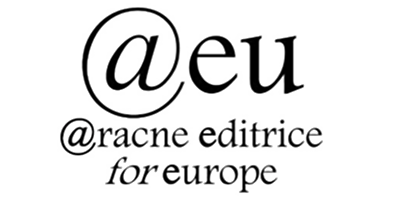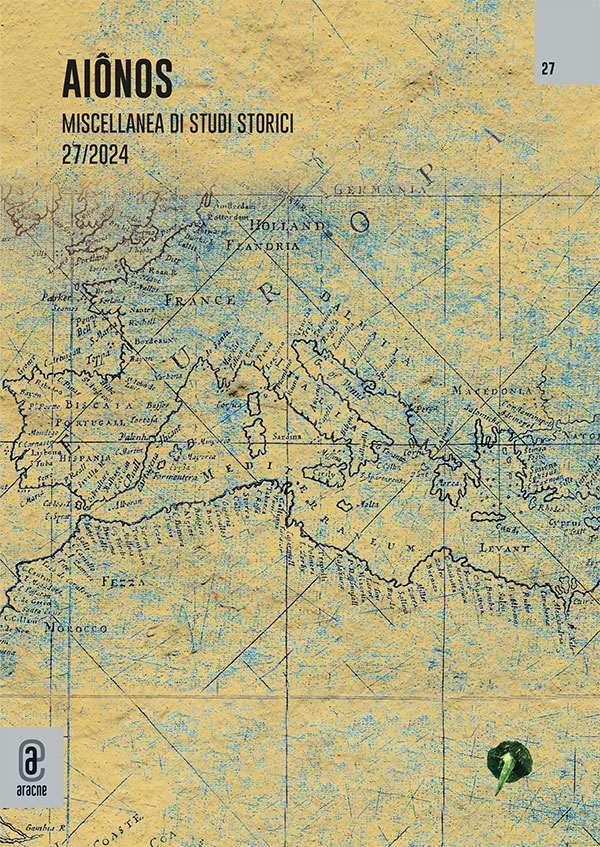Estratto dal volume Aiônos
Pasolini e l’Eritrea: decolonizzazione, resistenza, “panmeridione”
DOI: 10.53136/979122182039312
Pagine: 309-345
Data di pubblicazione: Luglio 2025
Editore: Aracne
SSD:
L-ANT/02 L-ANT/03 L-ANT/04 M-STO/01 M-STO/02 M-STO/04
Eritrea, historically at the heart of Italy’s colonial project and a symbolic site of its inception, stands as a crossroads of identities, powers, and imaginaries. During his travels in the 1960s and 1970s, Pier Paolo Pasolini developed a poetic and political representation of the country that distances itself both from colonial rhetoric and from simplified postcolonial interpretations. In texts such as La grazia degli eritrei and Post scriptum alla grazia degli eritrei, the Friulian author offers a gaze that, though lacking ethnographic or documentary intent, powerfully conveys the dignity and complexity of the Eritrean colonial experience, turning travel into a symbolic device for reflecting on the human condition, alterity, and the crisis of Western modernity. Through a close analysis of recurring motifs in his writing – particularly the representations of women, urban space, and community – this article explores the specificity of Pasolini’s vision of Eritrea, emphasizing his constant tension between realism and abstraction, between political commitment and poetic vision. Pasolini’s Eritrea thus emerges as a space of radical alterity, marked by colonial suffering but also by a profound resilient force, where “grace” becomes both an aesthetic and ethical category through which to rethink the relationships between center and periphery, colonizers and colonized, past and present.




